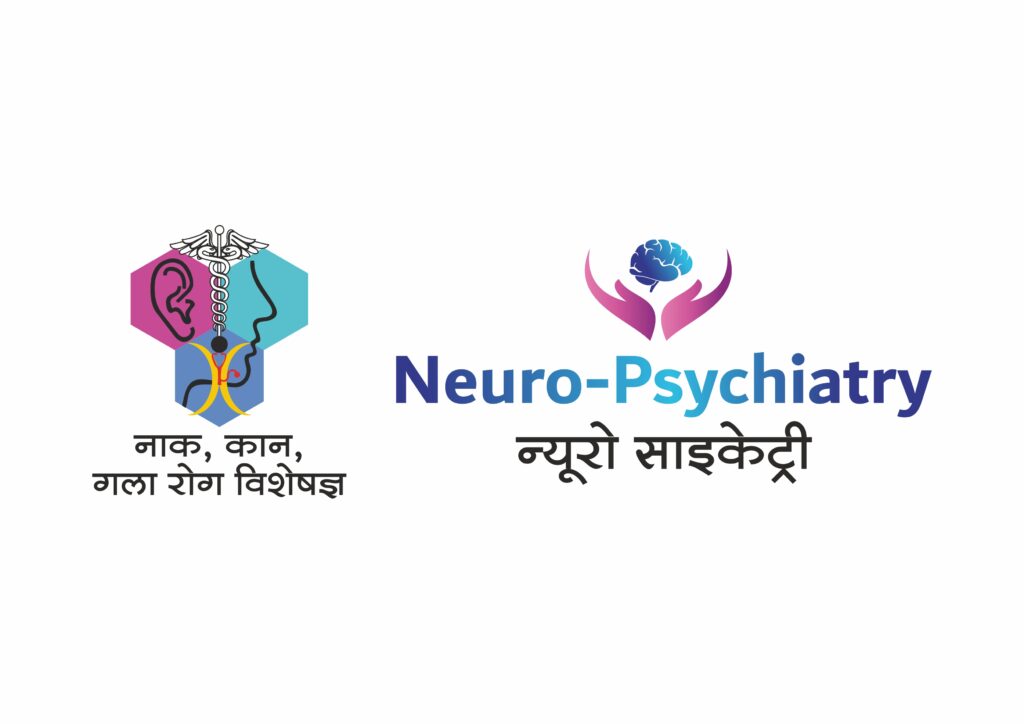Introduction
Abdominal diseases can be distressing and disruptive to daily life, with symptoms that range from mild discomfort to severe pain. Two common gastrointestinal disorders that many individuals experience are diarrhea and dysentery. While both conditions involve an upset stomach and disturbed bowel function, they differ in their causes, symptoms, and treatments. Understanding these conditions and how to manage them is essential for individuals experiencing abdominal distress.
This blog will explore diarrhea and dysentery in detail, including their causes, symptoms, treatment options, and preventive measures.
What is Diarrhea?
Diarrhea is characterized by an increase in the frequency of bowel movements, typically with loose or watery stools. It is a common condition and can be acute (lasting a few days) or chronic (lasting for weeks or longer). Acute diarrhea is usually caused by infections, while chronic diarrhea may indicate underlying health problems.
Causes of Diarrhea:
- Infections:
The most common cause of diarrhea is infection, particularly viral infections (like rotavirus or norovirus), bacterial infections (such as Salmonella or E. coli), or parasitic infections (like Giardia). - Food Intolerances and Sensitivities:
Lactose intolerance, gluten sensitivity, and food allergies can trigger diarrhea in some individuals. - Medications:
Certain medications, particularly antibiotics, can disrupt the normal balance of gut bacteria and lead to diarrhea. - Inflammatory Bowel Disease (IBD):
Conditions like Crohn’s disease and ulcerative colitis cause chronic inflammation in the gastrointestinal tract, leading to long-term diarrhea.
Symptoms of Diarrhea:
- Frequent, loose, or watery stools
- Abdominal cramping or discomfort
- Nausea and vomiting
- Dehydration (dry mouth, excessive thirst, and reduced urine output)
Treatment for Diarrhea:
- Hydration:
One of the most important aspects of treating diarrhea is maintaining hydration. Dehydration is a common complication, especially in severe cases. Oral rehydration solutions (ORS) containing electrolytes and fluids help replace lost fluids and minerals. - Dietary Adjustments:
A bland diet such as the BRAT diet (bananas, rice, applesauce, and toast) can help soothe the digestive system. Avoiding dairy, caffeine, and fatty foods is also recommended. - Antidiarrheal Medications:
Over-the-counter medications like loperamide (Imodium) can help reduce the frequency of bowel movements, though they should only be used in non-bacterial cases. - Antibiotics:
If diarrhea is caused by a bacterial infection, antibiotics may be prescribed by a healthcare professional. - Probiotics:
Probiotics are beneficial bacteria that can help restore the natural gut flora, particularly after a bacterial infection or antibiotic treatment.
What is Dysentery?
Dysentery is a type of gastrointestinal infection that causes inflammation of the intestines, resulting in severe diarrhea with blood and mucus. While it is less common than diarrhea, it can be much more serious, especially in developing regions where sanitation is inadequate.
Causes of Dysentery:
- Bacterial Infections:
Dysentery is often caused by infection with bacteria such as Shigella, Salmonella, and Campylobacter. These bacteria invade the intestines, leading to inflammation, bleeding, and mucus production. - Parasitic Infections:
The parasite Entamoeba histolytica is a common cause of amoebic dysentery, primarily in tropical and subtropical areas. - Contaminated Food and Water:
Dysentery is often spread through contaminated food, water, or poor hygiene practices. Inadequate sanitation and unsafe drinking water are major contributors to the spread of the disease.
Symptoms of Dysentery:
- Severe diarrhea with blood or mucus
- Abdominal pain and cramping
- Fever
- Nausea and vomiting
- Dehydration and weakness
Treatment for Dysentery:
- Hydration and Electrolytes:
Just like diarrhea, dysentery can lead to dehydration. Oral rehydration solutions (ORS) are important to replenish lost fluids and prevent severe dehydration. - Antibiotics:
Bacterial dysentery is treated with antibiotics, such as ciprofloxacin or azithromycin. For amoebic dysentery, anti-parasitic drugs like metronidazole are prescribed. - Dietary Support:
A bland diet and avoiding spicy or greasy foods can help reduce irritation in the intestines. Staying hydrated with clear fluids and soups is essential. - Hospitalization:
Severe cases of dysentery may require hospitalization, especially if there is a high fever, significant blood loss, or signs of dehydration.
Prevention of Diarrhea and Dysentery
- Good Hygiene Practices:
Wash hands thoroughly with soap and water before eating, after using the toilet, and after handling food. - Safe Food and Water:
Drink clean, filtered water and avoid consuming food that may be contaminated, especially in regions with poor sanitation. - Vaccination:
Vaccines for certain pathogens, like rotavirus, can help prevent diarrheal diseases in children.
Conclusion
Both diarrhea and dysentery are gastrointestinal conditions that can significantly impact daily life. While they share some similarities, dysentery tends to be more severe due to the presence of blood and mucus in the stool. Proper treatment, hydration, and prevention strategies can help manage these conditions effectively and reduce the risk of complications.


